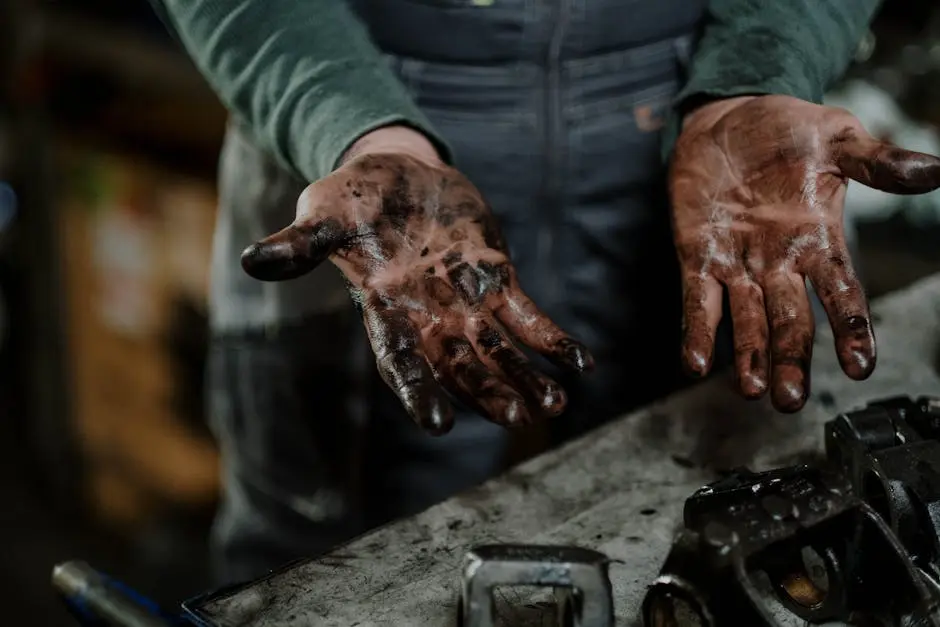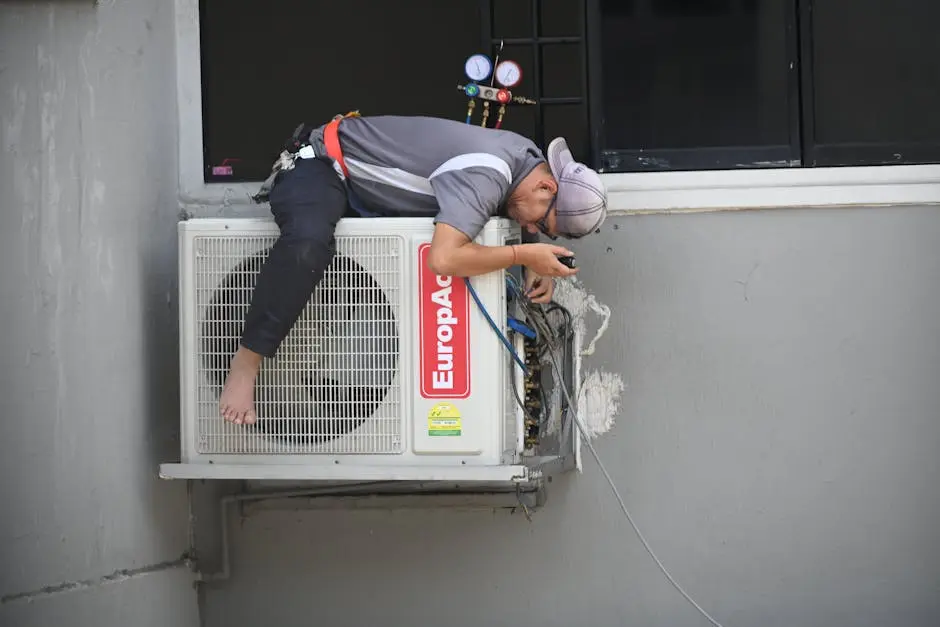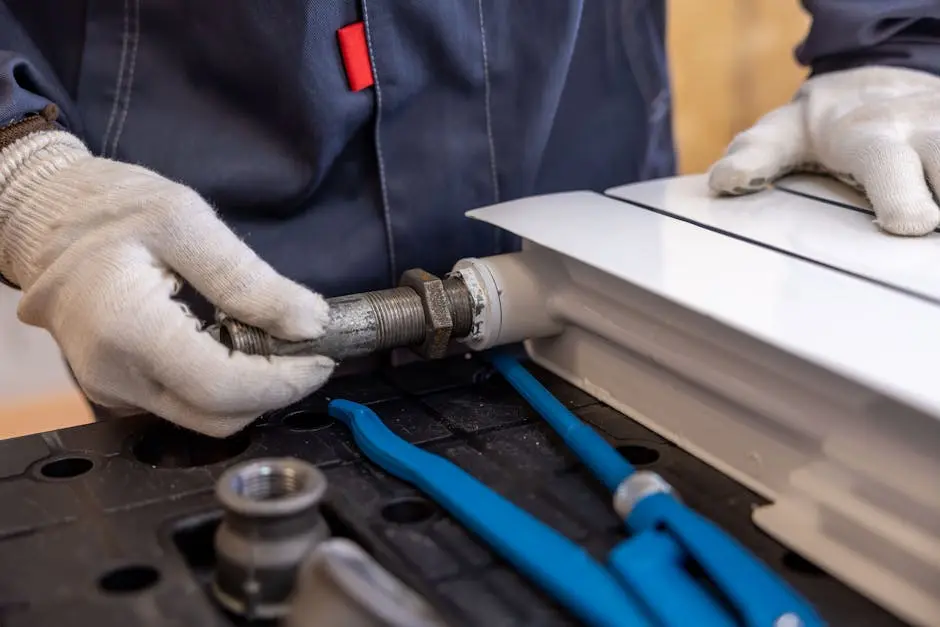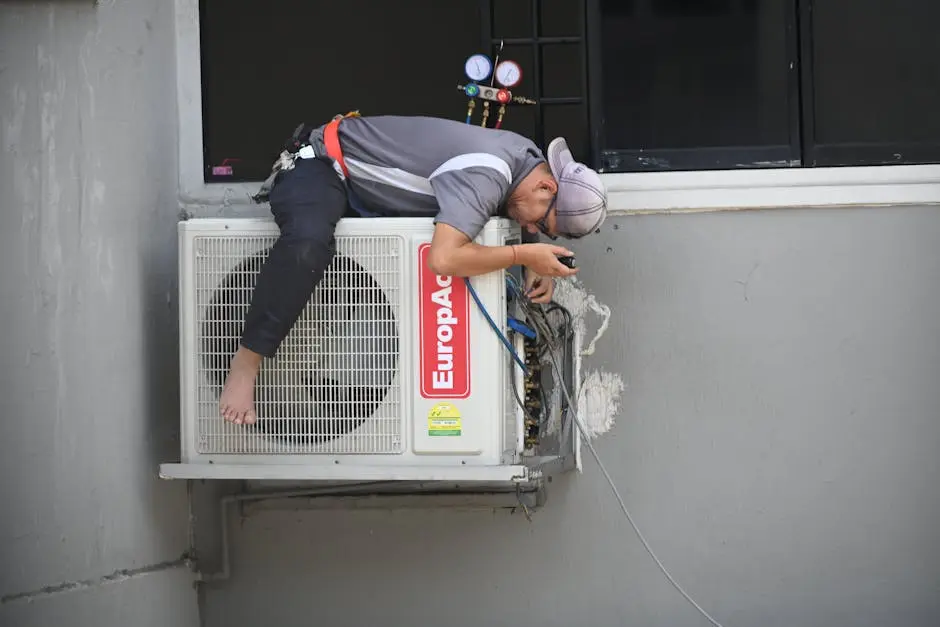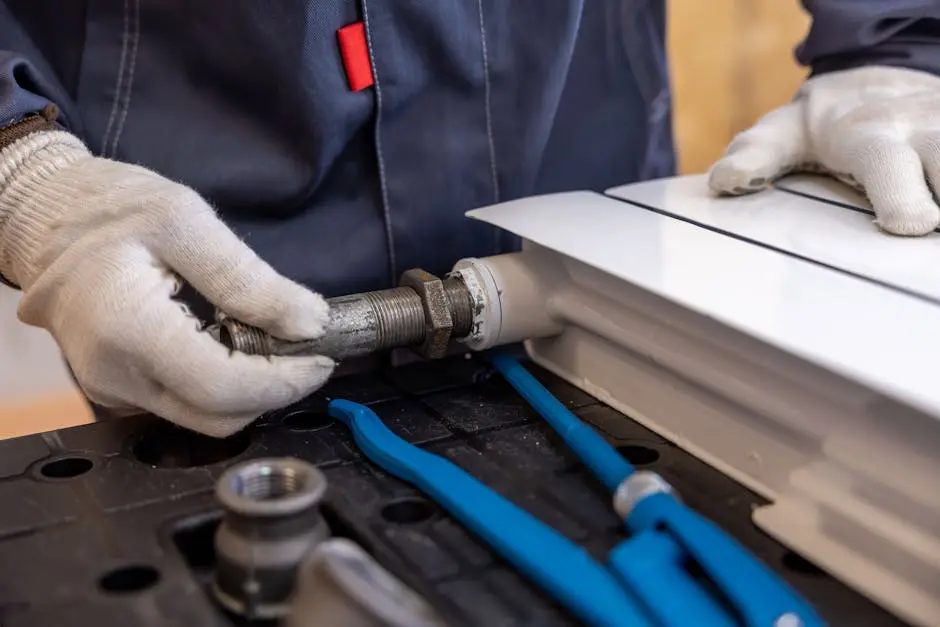Regular furnace service is often overlooked, but it plays a crucial role in maintaining the efficiency and longevity of your heating system. In this blog, we will explore why keeping up with routine furnace maintenance is essential for your home comfort and overall energy savings.
What is Regular Furnace Service?
Regular furnace service involves systematic checks and maintenance tasks performed by a professional to ensure that your heating system is operating efficiently. It may include inspections, cleanings, and necessary repairs.
During a routine service, technicians will check critical components such as the heat exchanger, burners, and filters. By doing this, they can identify potential issues before they escalate, ensuring that your home stays warm and your energy bills remain manageable.
Think of regular maintenance as a health check for your furnace. Just as we go for yearly doctor visits, scheduling periodic checks for your heating system is essential. This proactive approach gives peace of mind, knowing that everything is working as it should.
The Benefits of Regular Maintenance
Routine service helps prevent unexpected breakdowns, extends the life of your furnace, and often results in lower energy bills due to improved efficiency.
Not only can regular maintenance save you money in the long run, but it can also enhance your comfort. A well-maintained furnace operates smoothly, providing consistent heat throughout your home. This means no more chilly spots or sudden temperature drops.
Additionally, ensuring that your furnace runs efficiently can even contribute to a healthier indoor environment. A clean and properly functioning furnace minimizes the dust and allergens circulating in the air, promoting better air quality for you and your family.
Signs Your Furnace Needs Service
It’s important to recognize the signs that your furnace may need servicing, such as unusual noises, inconsistent heating, or an increase in energy bills.
If you notice strange sounds—like banging or rattling—it could indicate loose parts or other issues that require immediate attention. Ignoring these signals can lead to more severe problems, ultimately requiring costly repairs.
Another red flag is uneven heating throughout your home. If certain rooms are colder than others, your furnace may not be distributing heat effectively. This is often a sign that your system needs a check-up to restore proper function.
How Often Should You Service Your Furnace?
Most experts recommend servicing your furnace at least once a year, ideally before the winter season starts, to ensure that it’s ready to handle the colder months.
This annual maintenance check can help identify potential issues early on, giving you the chance to address them before you actually need to rely on your heater during cold spells. Think of it as giving your furnace a ‘tune-up’ to prepare for the more demanding season ahead.
In some cases, if your furnace operates heavily or is older, you might benefit from more frequent maintenance checks. It’s worth discussing your specific situation with a heating professional to determine the best schedule tailored to your needs.
Choosing the Right Furnace Service Provider
Selecting a qualified and reliable furnace service provider is key. Look for licensed professionals with good reviews, and don’t hesitate to ask for recommendations from friends and family.
It’s also a great idea to check their certifications and experience. A technician with extensive knowledge will not only perform routine checks but will also have the skills required to troubleshoot complex issues should they arise.
Many service providers offer maintenance agreements, which can provide a safety net for regular upkeep at a fixed rate. This approach helps ensure that you won’t overlook service appointments, keeping your furnace in optimal condition all year round.
Final Thoughts on Furnace Service
In conclusion, prioritizing regular furnace service can lead to significant benefits for your home, including improved efficiency, reduced repair costs, and a longer lifespan for your system. Make it a habit to schedule maintenance, and you’ll enjoy a warm and worry-free winter season.


